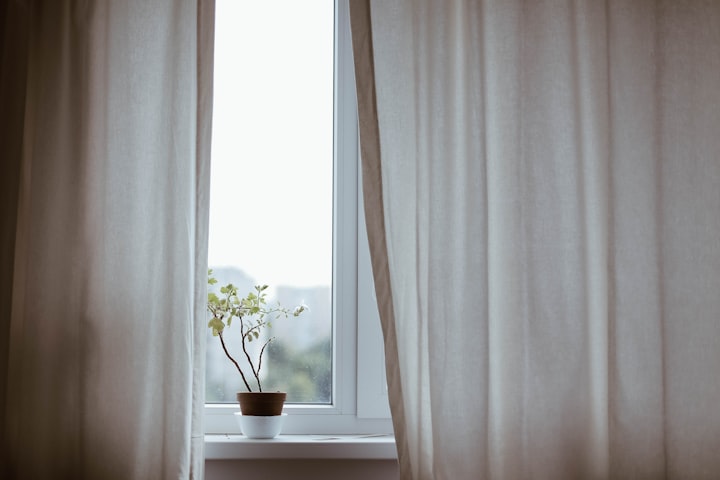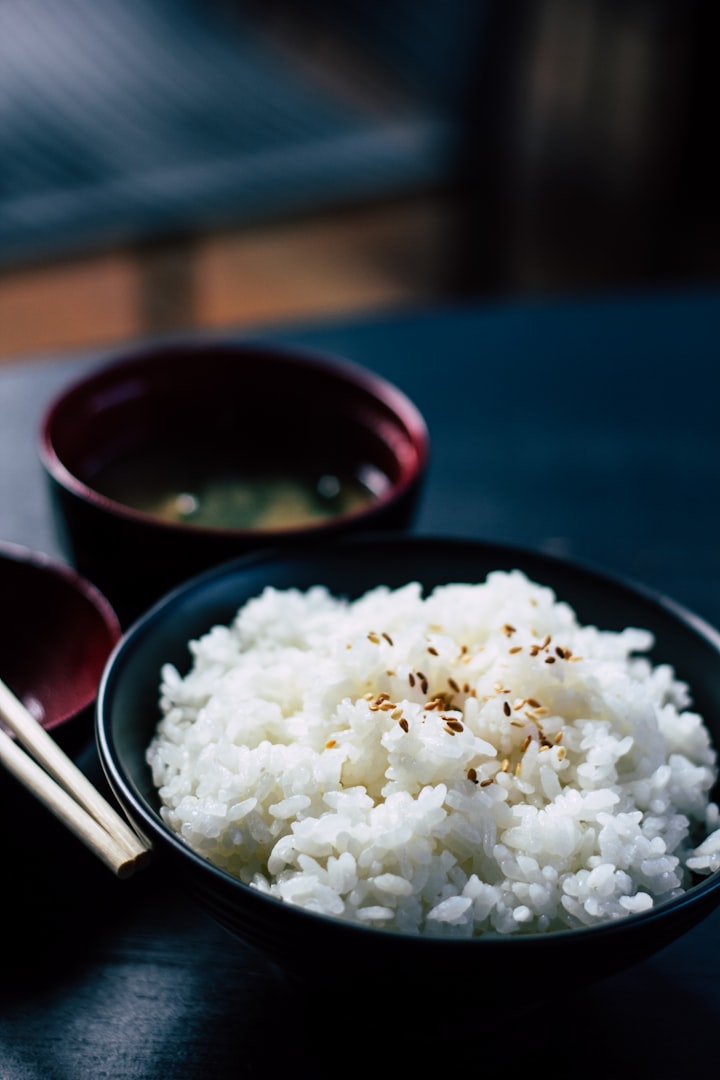Li Young Lee's Morning
Analyzing "Early in the Morning" by Li Young Lee

"Early in the Morning "
While the long grain is softening
in the water, gurgling
over a low stove flame, before
the salted Winter Vegetable is sliced
for breakfast, before the birds,
my mother glides an ivory comb
through her hair, heavy
and black as calligrapher's ink.
She sits at the foot of the bed.
My father watches, listens for
the music of comb
against hair.
My mother combs,
pulls her hair back
tight, rolls it
around two fingers, pins it
in a bun to the back of her head.
For half a hundred years she has done this.
My father likes to see it like this.
He says it is kempt.
But I know
it is because of the way
my mother's hair falls
when he pulls the pins out.
Easily, like the curtains
when they untie them in the evening.

In “Early in the Morning,” Li Young Lee describes the morning scene at his home with a focus on his mother’s hair. Imagery in this poem depicts the usual sight the speaker sees, including water “gurgling over a low stove flame” and his mother “[gliding] an ivory comb through her hair.” Elements of the author’s culture are incorporated in instances such as the moment he states his mother has been going through the same process of arranging her hair for “half a hundred years.” This exaggerated statement portrays the mother as an archetype of her role at home in regions such as China and Indonesia, the origins of Li’s family. Another reference to culture is in the first stanza, where Li uses a simile to describe his mother’s hair as “heavy and black as calligrapher’s ink,” introducing an aspect of ancient Asian culture, which in ways has endured through time, as shown by the statement that supposedly for “half a hundred years” his mother has been arranging her hair in the same manner. As someone with a similar ethnic background as the author and speaker, I have also made “the salted Winter Vegetable,” but for noodle and soup recipes rather than breakfast. The “long grain . . . softening in the water” at the beginning of the poem refers to long grain rice, which I eat every day twice, and which is the main part of meals for many Asian families. The scene described in the first stanza was a familiar image to me, as daily there is rice cooking in my kitchen, in the winter we make salted vegetable, and I often hear birds outside in the garden when there is warmer weather. However, unlike the speaker, I do not experience this situation in the early morning, as described by the title, but usually in the evening. The title suggests that the speaker may be a family with a farming lifestyle, as early in the morning there is already a busy scene of making food, and the birds present indicate their closeness to nature, which would be more likely in a rural area. Moreover, referring to rice as “long grain” is diction that would be used more by those farming the actual crop rather than an average individual. Li may have had some agricultural experience in the countries his family gradually traveled through after fleeing Indonesia. Overall, I liked this poem after being able to relate to it and also seeing how it evoked a sense of passing down traditions through simple techniques focusing on the seemingly ordinary subject of the speaker’s mother’s hair.
About the Creator
moon vixen
Musician, Artist, Writer
Instagram @vixensverse






Comments
There are no comments for this story
Be the first to respond and start the conversation.